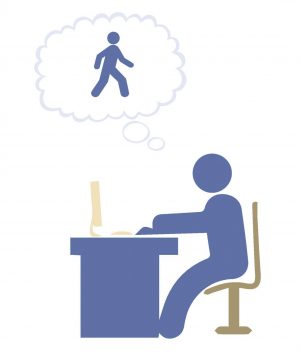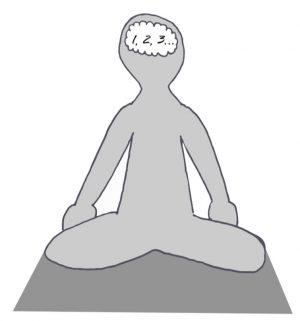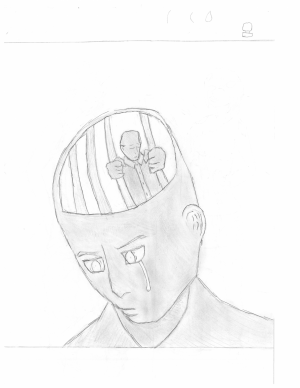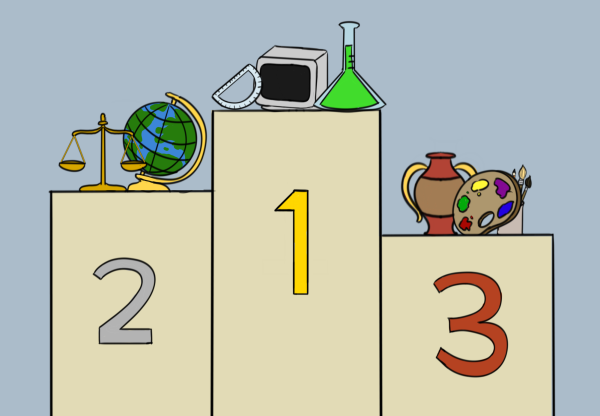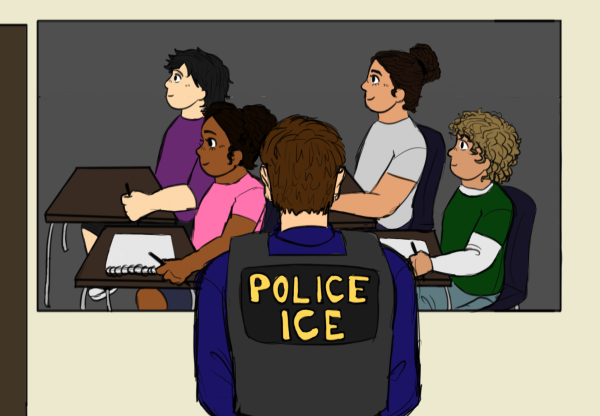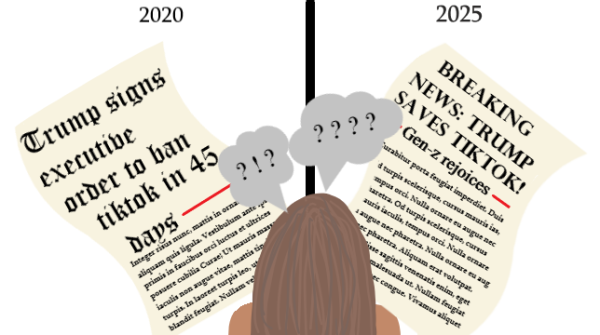Savor those sips
Moderate caffeine consumption is a healthy choice for BVH students
The prevalence of caffeine consumption among today’s teenagers may seem alarming to some. However, there is no need to worry, especially considering the numerous health benefits of drinking tea and coffee.
Caffeine consumption has long been ingrained into American culture; the perfectly layered caramel macchiato, comforting milk tea with boba and typical homemade cup of Joe are only a few examples. Within the Bonita Vista High (BVH) community, Starbucks, Lollicup and Tapioca Express lie within a walking distance from campus. Even behind a screen during distance learning, several BVH students can be seen sipping piping hot coffee or tea from their mugs.
Considering that 83.2 percent of teens drink caffeine on a regular basis, according to Medical News Today, this is far from surprising. However, it begs the question: Is this trend compatible with a healthy student lifestyle? The answer is yes—but only when caffeine consumption is kept at a moderate level.
While coffee is traditionally associated with a simple, quick energy boost, there are also lesser known physiological and mental benefits for those who consume it. As explained by the American Association of Retired Persons (AARP), due to “protective compounds” within coffee beans, coffee consumption may play a role in preventing some cancers and stroke, reducing the chances of dementia and Parkinson’s disease and improving memory and concentration. All of these lowered risks culminate into an overall healthier lifestyle.
To put it bluntly, coffee drinkers are statistically less likely to die. Robert Shmerling of Harvard Health Publishing reports how a 2015 study linked the consumption of coffee to “an 8 percent to 15 percent reduction in the risk of death,” which is anything but marginal. In addition, a 2013 study cited by the AARP found that drinking two to three cups of coffee on a daily basis results in a 45 percent reduction in suicide risk. This may be attributed to the positive effect of caffeine on one’s mood—an important fact to realize amidst the COVID-induced mental health crisis.
Alternatively, for BVH students who are more sensitive to caffeine, need a different type of energy boost or simply do not enjoy the taste of coffee, tea may be a better option. After all, a cup of black tea does contain 47 milligrams of caffeine versus the 95 milligrams of caffeine in the same amount of coffee, according to Healthline. In reality, certain students may not need the amount of caffeine present in coffee.
Beyond the lower caffeine levels, there are other health related reasons teens should drink tea. The same Healthline article later points out that tea contains an antioxidant known as L-theanine; this compound can “help you calm down and relax” by “increasing your brain’s alpha waves.” Whether it’s tea or coffee, there truly is a caffeinated beverage for everybody.
Nevertheless, there is a caveat—caffeine does have addictive properties, so it should not be consumed in excess. As recommended by the Food and Drug Administration (FDA), one should limit their caffeine consumption to 400 milligrams daily at maximum. If this maximum is surpassed on a frequent basis, one may become addicted, and any days with zero or very little caffeine consumption become days of withdrawal. The AARP describes how symptoms of caffeine withdrawal include headaches, fatigue and overall mental fuzziness.
Admittedly, this is a significant issue, but it can be easily prevented. By simply following the FDA’s recommendation, it becomes drastically less likely for a regular coffee or tea drinker to experience withdrawals. At healthy levels of consumption, the benefits of caffeine far outweigh the potential risks.
The truth about caffeine is not black and white. Just as caffeine addiction is a serious problem, moderate caffeine consumption yields serious benefits. With that being said, BVH students should consider adding a cup or two of coffee or tea into their daily routine—these are drinks that can truly pave the way for improvements in their well-being.

As a senior attending Bonita Vista High, this is my second year on staff. Personally, I find Newspaper compelling not solely due to its devotion towards...


